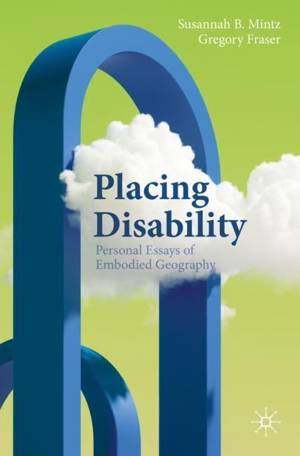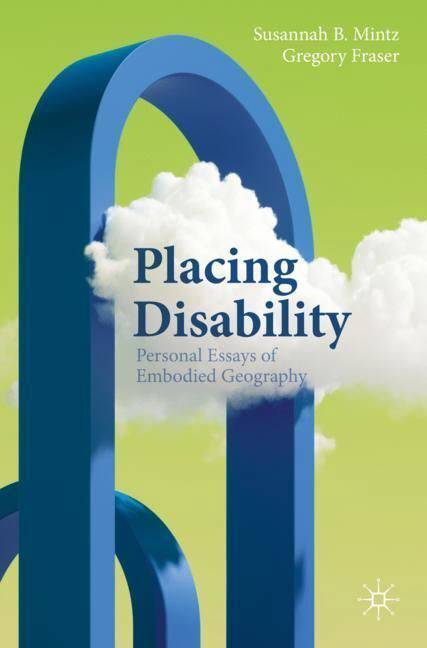
- Retrait gratuit dans votre magasin Club
- 7.000.000 titres dans notre catalogue
- Payer en toute sécurité
- Toujours un magasin près de chez vous
- Retrait gratuit dans votre magasin Club
- 7.000.000 titres dans notre catalogue
- Payer en toute sécurité
- Toujours un magasin près de chez vous
Placing Disability
Personal Essays of Embodied Geography
Description
Placing Disability presents an international collection of personal essays that address the experience of disability in particular geographical locations. Each chapter engages the question of what it means to be disabled in a specific place, exploring issues of movement, work and play, community and activism, artistic production, love and marriage, access and social services, family and friendship, memory and aging--all informed by the places that people inhabit. The book is organized in terms of topographies and vistas, rather than being bound by the map, to emphasize the defining, constitutive effects of place. The authors included in Placing Disability hail from different countries, neighborhoods, climates, and landscapes; from various backgrounds and professions; from a range of disciplinary perspectives and strategies. They are trained as academics, literary critics, poets, students, public speakers, memoirists, educators, philosophers, administrators, and activists. Their essays refine our understanding of the complex dynamic between self and circumstance as they survey the impact of geographical region on their life experiences. This book is intended to be useful in creative-writing workshops, Disability Studies seminars, and classes on environmental literature, and to appeal to general readers of memoir as well as to scholars of contemporary body theory or the Anthropocene.
Spécifications
Parties prenantes
- Editeur:
Contenu
- Nombre de pages :
- 166
- Langue:
- Anglais
- Collection :
Caractéristiques
- EAN:
- 9783031412189
- Date de parution :
- 20-03-24
- Format:
- Livre broché
- Format numérique:
- Trade paperback (VS)
- Dimensions :
- 156 mm x 234 mm
- Poids :
- 263 g






